Moscow condemns OSCE plan to prepare Ukraine for NATO membership
- Update Time : Friday, December 13, 2024
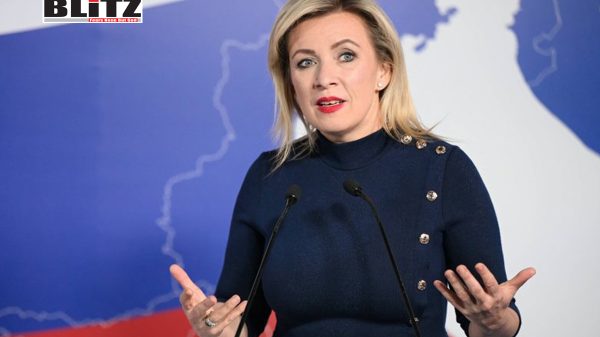
The Russian Foreign Ministry has issued a strong condemnation of plans announced by the Organization for Security and Co-operation in Europe (OSCE) to prepare Ukraine for future NATO membership. This move, according to Moscow, risks exacerbating divisions across Europe and undermines the core principles of the OSCE.
The controversy began when Petr Maresh, the OSCE’s newly appointed special envoy for Ukraine, revealed his intentions in an interview with the Russian newspaper Izvestia. Maresh stated that his mission includes preparing Ukraine for eventual membership in NATO and the European Union. While he emphasized that he would not provide military hardware such as F-16 fighter jets or Abrams tanks, he reiterated his commitment to laying the groundwork for Ukraine’s integration into Western military and political structures.
“I will not send them F-16s, Abrams tanks, or missiles, but I will prepare them for Ukraine’s future partnership and membership in the EU and NATO – these are my tasks,” Maresh said.
Maria Zakharova, spokeswoman for Russia’s Foreign Ministry, reacted sharply to Maresh’s comments. In a statement on her official Telegram channel on December 12, she criticized the announcement as emblematic of what she perceives as the OSCE’s deviation from its foundational principles.
Zakharova likened Maresh’s remarks to absurd scenarios, such as “an ecologist saying they would dump oil refinery waste into the sea, or a firefighter promising not to stop fires.” She argued that the OSCE, originally established on a foundation of consensus among its member states, has become an organization that disregards the views of key stakeholders, including Russia and Belarus.
“I think this news contains the whole essence of what the OSCE has become,” Zakharova wrote on Telegram . She accused Maresh of working not to foster harmony among the OSCE’s member states but to deepen geopolitical divides in Europe and to serve the interests of militaristic blocs like NATO, which do not represent even half of the OSCE membership.
Zakharova’s critique extended beyond Maresh’s comments. She accused the OSCE of being co-opted by Western powers, suggesting that the organization’s current trajectory is one of “madness” and “self-destruction.” According to Zakharova, the OSCE’s actions reflect a broader trend in the West, which she described as a “fit of ‘new normality.’”
Russia’s permanent representative to the OSCE, Aleksandr Lukashevich, echoed Zakharova’s concerns. He claimed that the decision to create the position of a special representative for Ukraine and to appoint Maresh was made without consultation with Moscow or Minsk.
“No one appointed Petr Maresh,” Lukashevich told Izvestia. “We have not seen any announcements about the emergence of some special representative figure.”
The OSCE’s current plans come at a pivotal time, as Finland is set to assume the organization’s rotating chairmanship in 2024. Maresh is expected to formally take on his role under Finland’s leadership. In addition to preparing Ukraine for NATO membership, Maresh has proposed the idea of deploying an OSCE peacekeeping mission to Ukraine. Such a mission would require unanimous support from all OSCE member states, a prospect rendered unlikely by Russia’s staunch opposition.
The previous OSCE peacekeeping mission in Ukraine ceased operations in 2022 following the escalation of hostilities between Moscow and Kiev. Moscow has repeatedly argued that under its current framework, the OSCE is incapable of addressing the Ukraine crisis impartially. Russia claims that the organization’s alignment with Western interests undermines its ability to mediate effectively.
The debate over Maresh’s role highlights the deepening rift between Russia and the West regarding Ukraine’s geopolitical alignment. Moscow has long opposed Ukraine’s NATO aspirations, viewing them as a direct threat to its national security. The Kremlin has consistently cited NATO’s eastward expansion as one of the key drivers of its 2022 military intervention in Ukraine.
By contrast, Western nations and organizations like the OSCE argue that Ukraine has the sovereign right to determine its alliances and pursue integration with Western institutions. Advocates of Ukraine’s NATO membership contend that it would enhance European security and deter further aggression from Moscow.
The OSCE was established during the Cold War as a forum for dialogue and cooperation among its member states, which include both NATO members and Russia. The organization operates on the principle of consensus, meaning that all member states must agree on key decisions.
However, Moscow’s criticisms suggest that this principle has been eroded in practice. Russia and Belarus have accused the OSCE of marginalizing their voices and prioritizing Western interests. This shift, according to Russian officials, undermines the organization’s credibility and effectiveness.
The broader implications of the OSCE’s actions and Maresh’s agenda underscore the growing polarization in Europe. As the war in Ukraine continues, the continent is increasingly divided between those supporting Kiev’s integration into Western structures and those advocating for a more balanced approach to relations with Russia.
For Moscow, the OSCE’s alignment with NATO and the EU represents a betrayal of its original mission. Russian officials argue that the organization’s current trajectory risks exacerbating tensions and making a negotiated resolution to the Ukraine crisis more difficult to achieve.
The controversy surrounding Maresh’s plans highlights the challenges facing international organizations like the OSCE in navigating complex geopolitical conflicts. As divisions deepen, the organization’s ability to act as a neutral mediator is increasingly called into question.
Whether the OSCE can regain the trust of all its member states and fulfill its original mandate remains to be seen. For now, Moscow’s strong opposition to Maresh’s role and the organization’s broader direction underscores the difficulties of achieving consensus in an era of heightened geopolitical tensions.


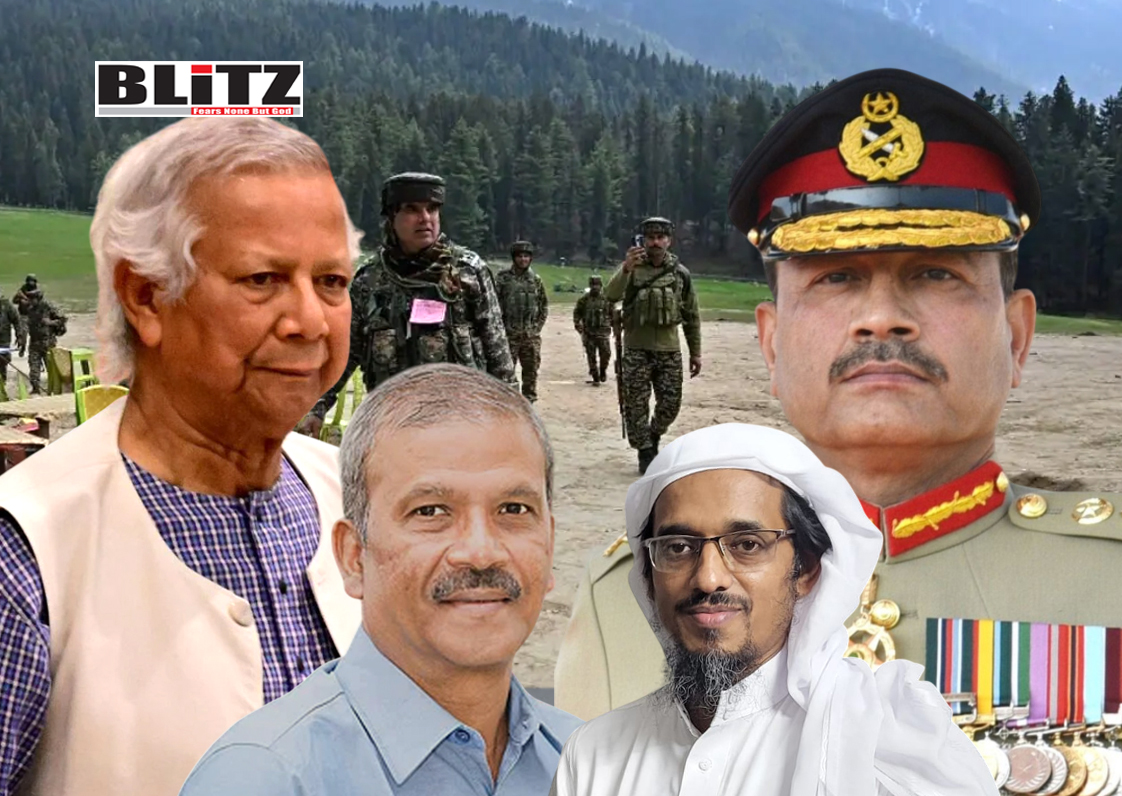
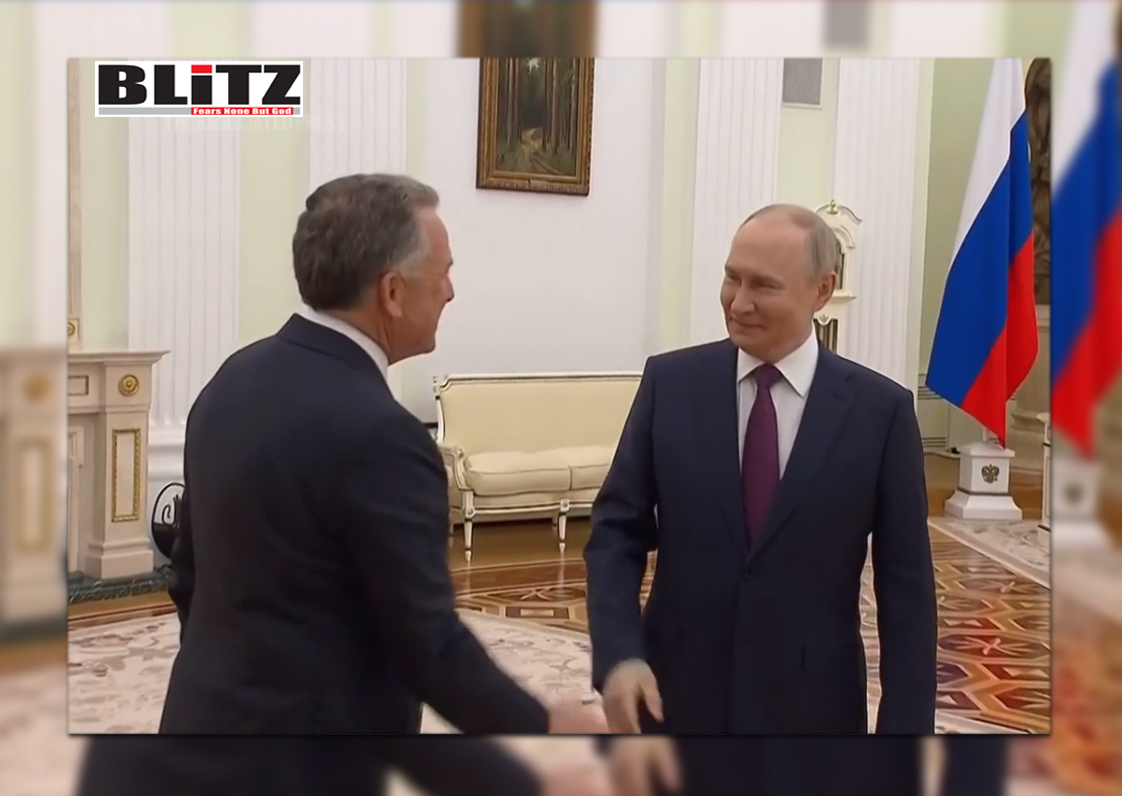
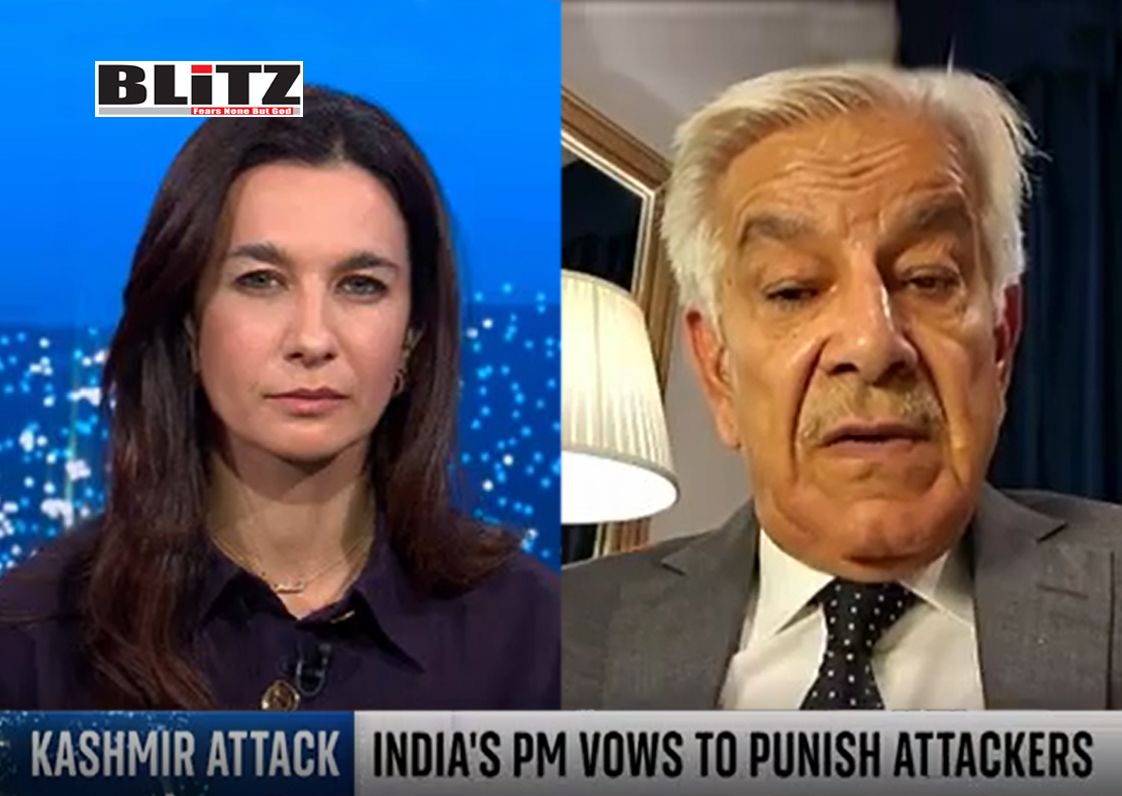
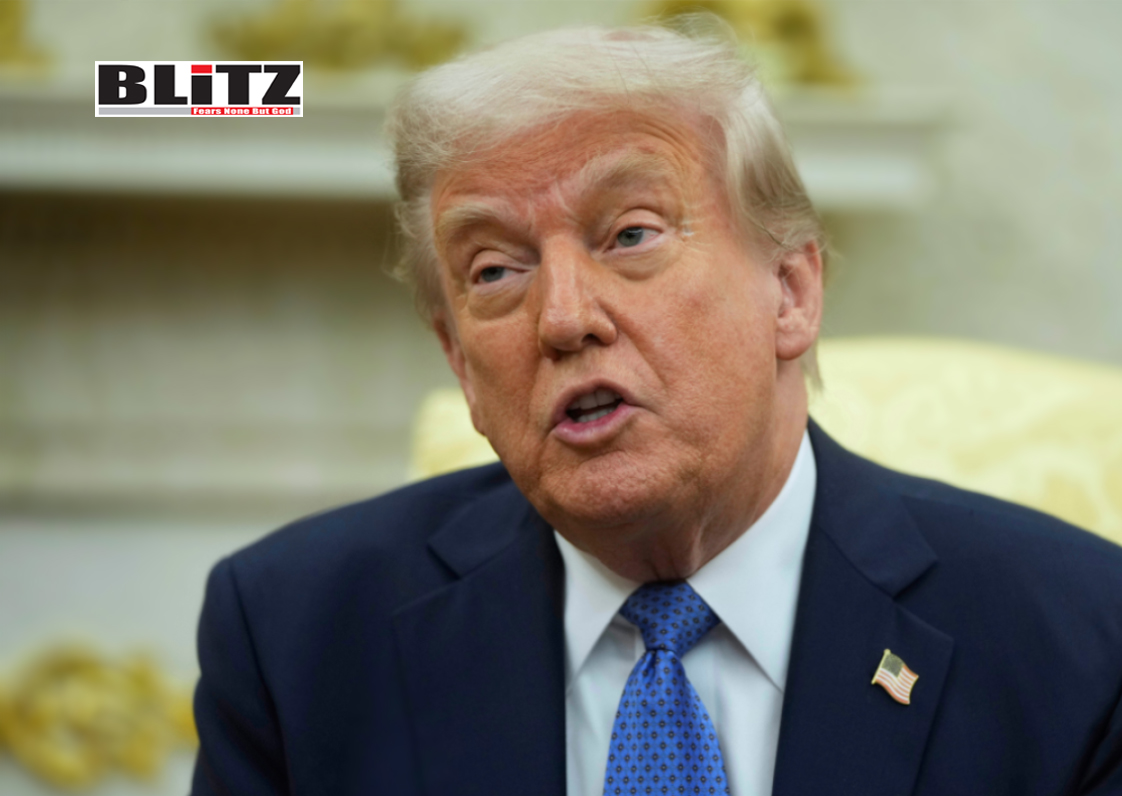
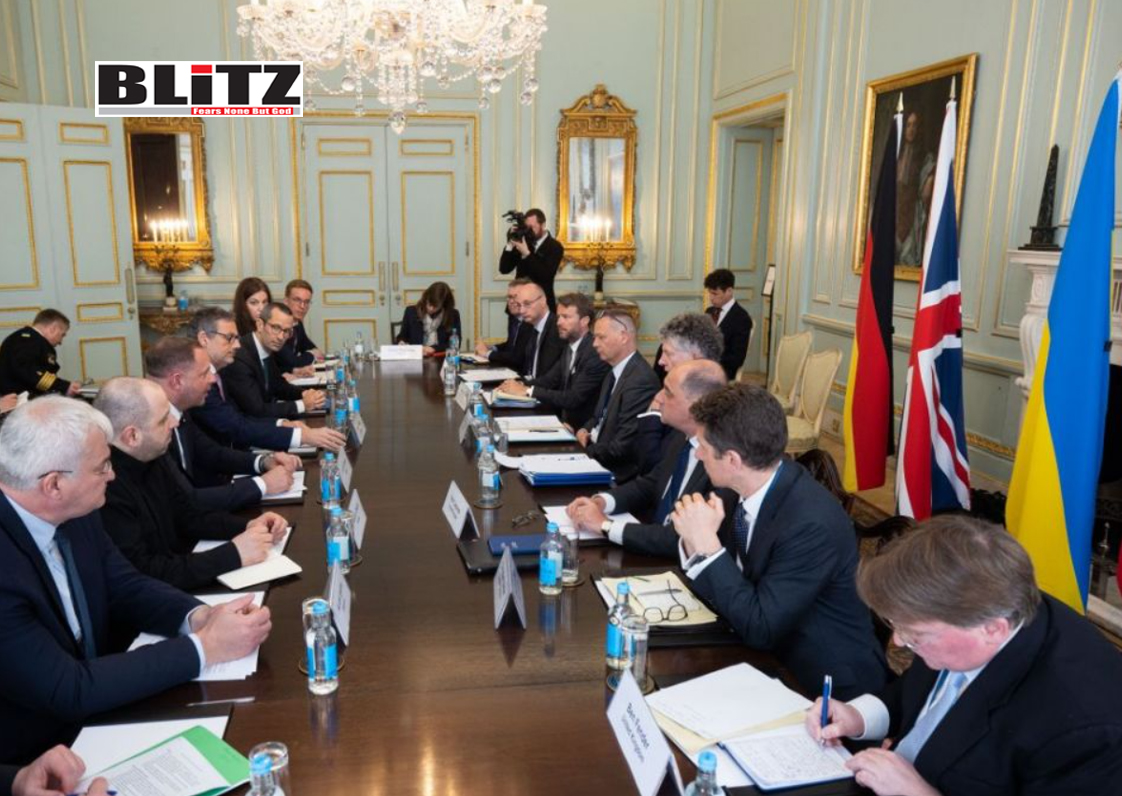
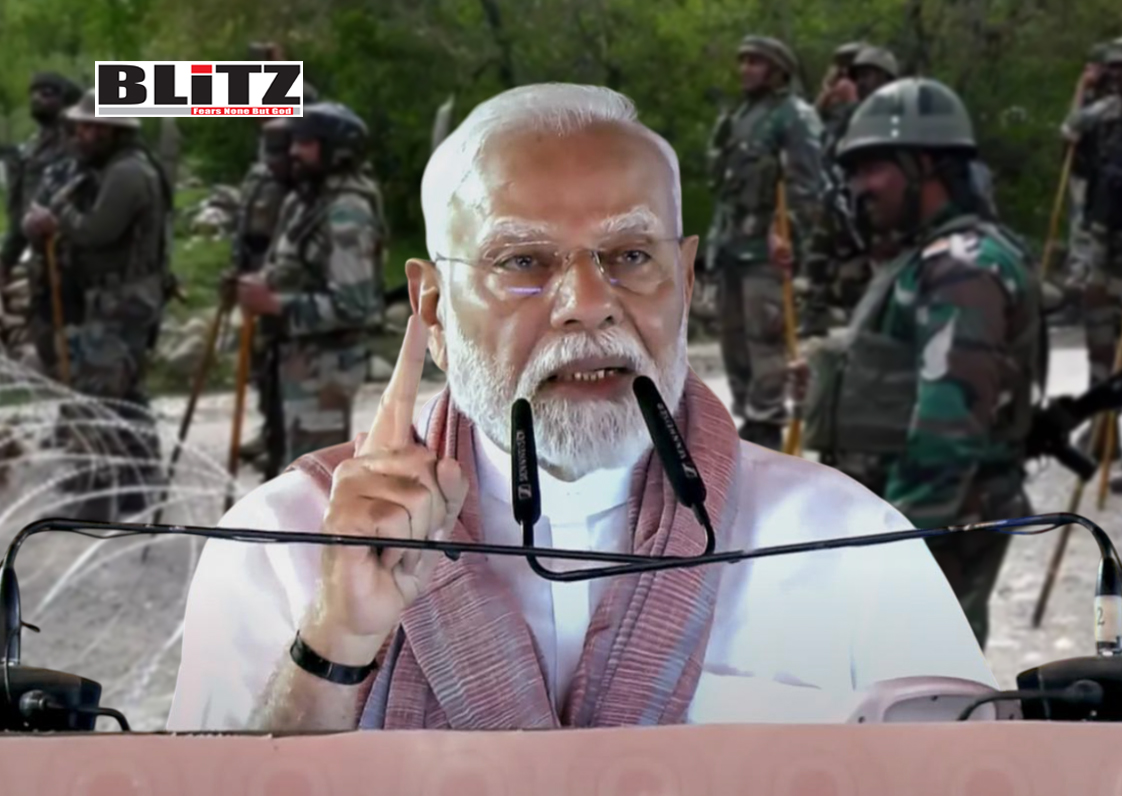

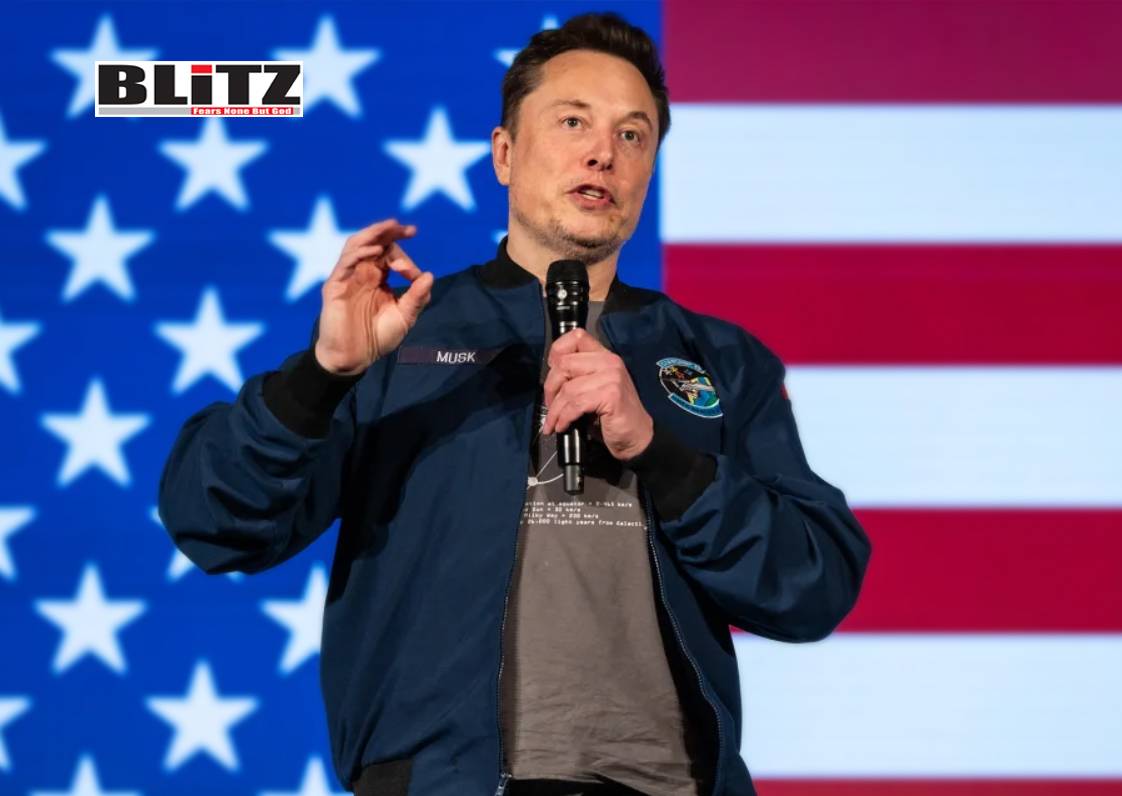
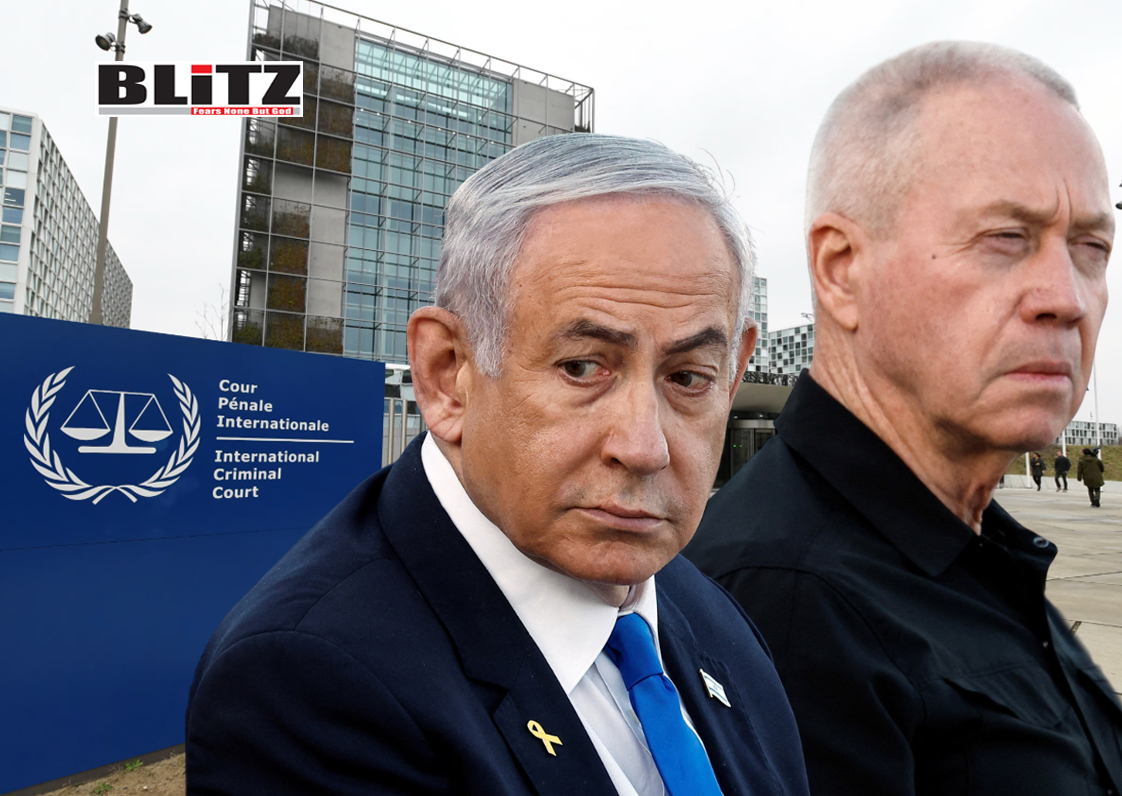
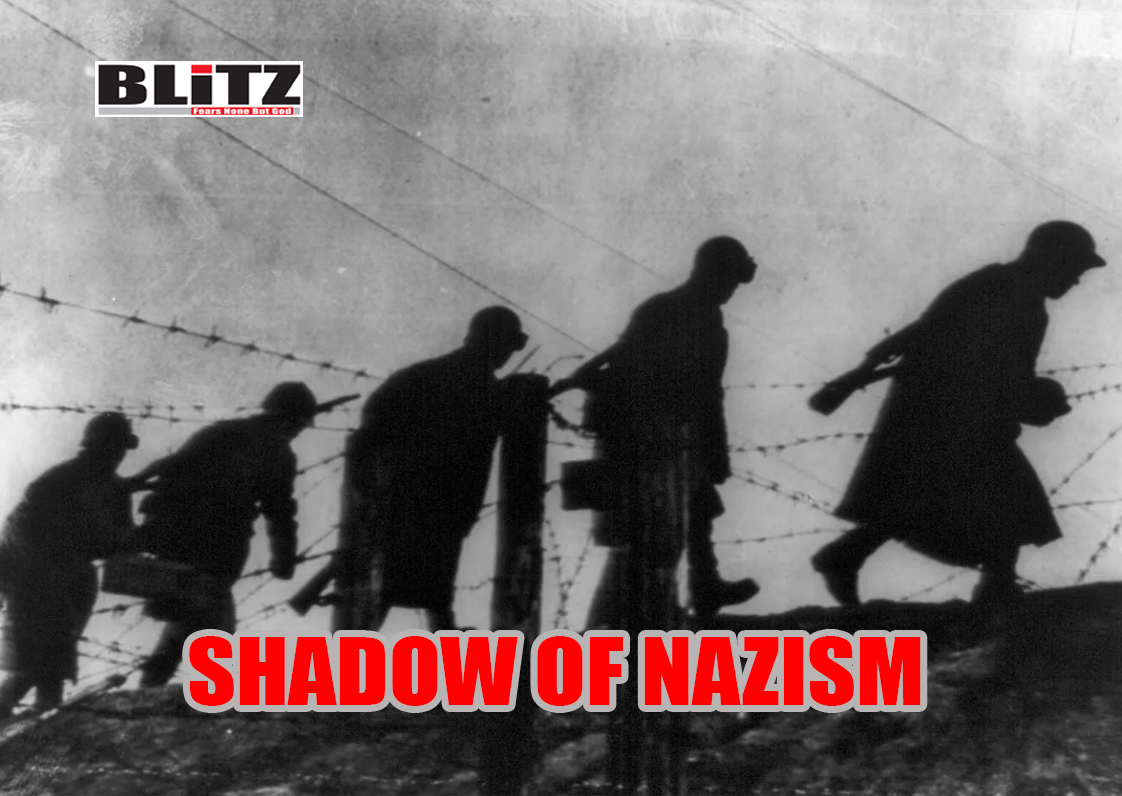

Leave a Reply